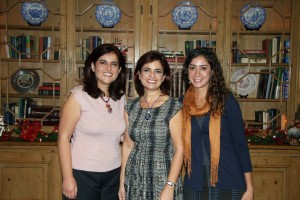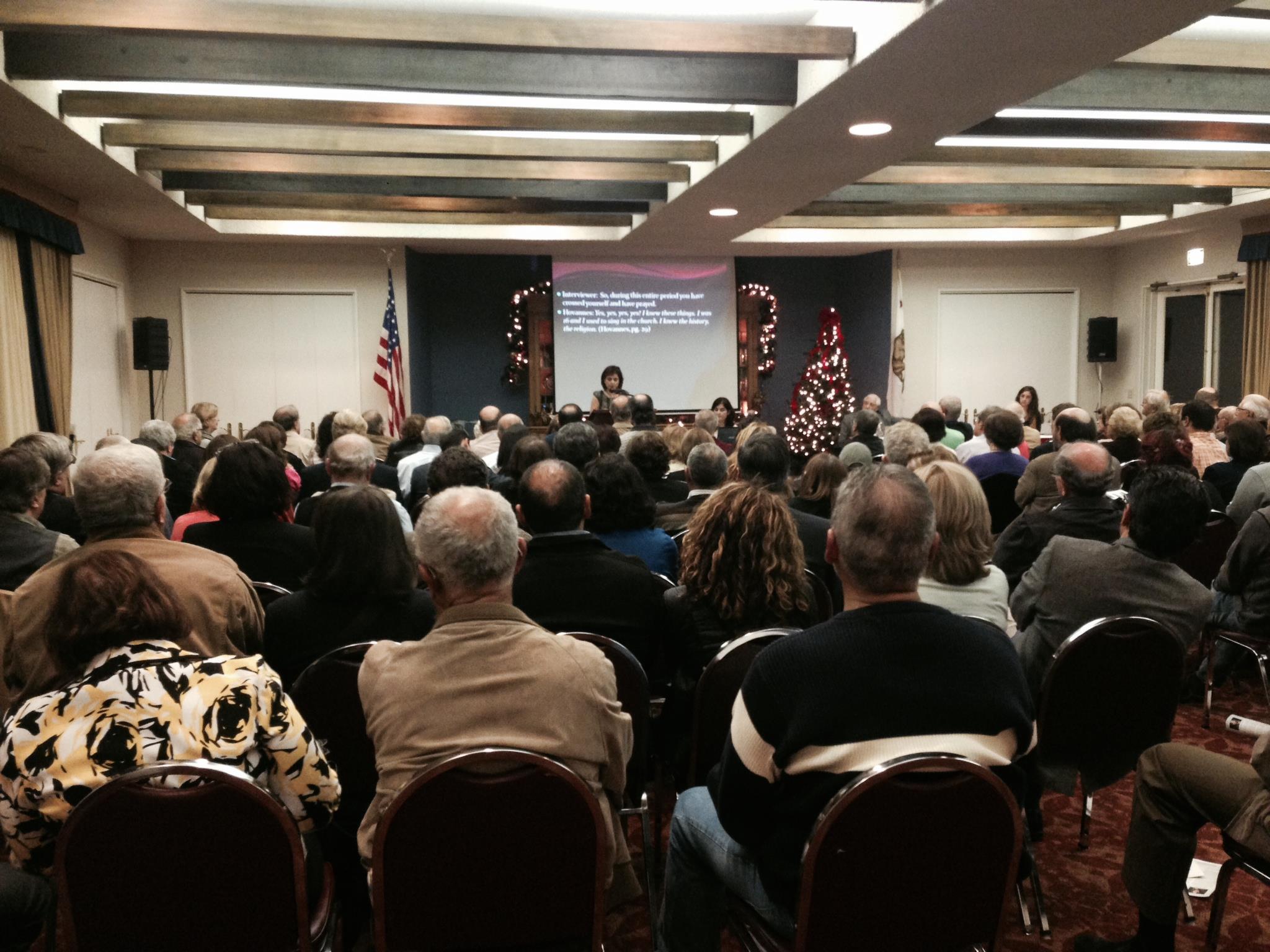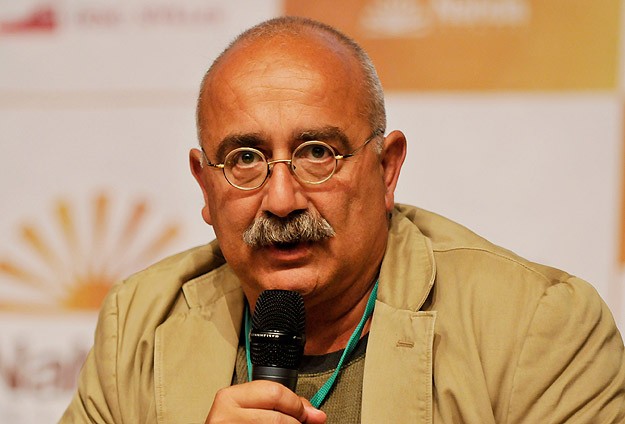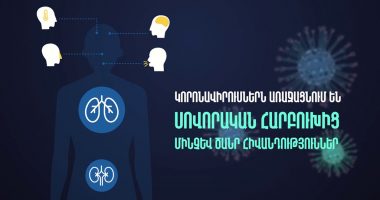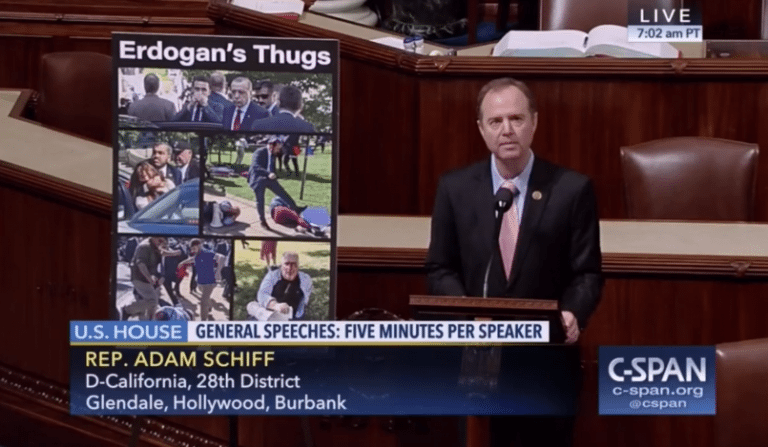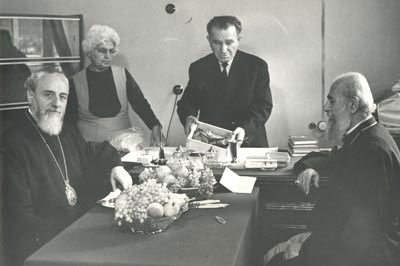PASADENA – – Last week, the Armenian Assembly of America’s (Assembly) Western Region Office held a special panel discussion entitled ‘Islamized Armenians’. Moderated by Armenian Observer Editor, Professor Osheen Keshishian, panelists Doris Melkonian, Arda Melkonian and Anoush Suni addressed a standing room only crowd at the University Club of Pasadena.
“It was a pleasure and honor hearing these three scholars recount their experiences and present their papers to our community and members,” stated Assembly Western Region Manager Aline Maksoudian. “The overwhelming amount of interest in this presentation shows the importance and value of their work and we look forward to learning more about the progress of their research in the future,” Maksoudian said.
All three panelists recently returned from Istanbul, Turkey, where they presented papers at a conference under the same title last month. The Assembly program began with opening remarks by Assembly Board member Lisa Kalustian, who thanked everyone for their interest and participation that evening. Kalustian then introduced an early participant during the Assembly’s founding, Osheen Keshishian, who gave introductory remarks about the Assembly panel participants.
First to take the podium was Doris Melkonian, an alumnus of the Armenian Assembly’s summer internship program in Washington, D.C. (class of 1994). She shared her paper on “Taken into Muslim Households – Experiences of Armenian Children during the Genocide” as presented at the Istanbul conference and spoke about the other Istanbul conference panelists, their backgrounds and presentations.
Next was Arda Melkonian, also an alumnus of the Armenian Assembly’s summer internship program in Washington, D.C. (class of 1990). She shared with the California audience her paper on “Gender and Survival Options during the Armenian Genocide” as presented at the Istanbul conference, retelling the tales of the Armenian Genocide survivors whose memory is preserved in the Armenian Genocide oral history survivor memoirs at the University of California Los Angeles (UCLA).
Finally, Anoush Suni summarized her paper on “The Production of Difference: the Case of Islamized Armenians.” She also remarked on her experience in Turkey, and what others shared with her, delving deep into her emotional state at the time, and spoke at length about her experience living with a Kurdish family in Turkey, as well as her time in neighboring Armenia.
The Melkonian sisters also showed a slide presentation complete with pictures from the Istanbul conference, sponsored by the Hrant Dink Foundation and the MalatyaHye Foundation. Together, this gave the audience a sense of what it was like to be in Turkey, as a descendant of Armenian Genocide survivors, talking openly about the Armenian Genocide. A robust question and answer session with the audience concluded the evening’s program.
The growing discussion of the Armenian Genocide in Turkey is part of a pattern of breaking taboos, especially over the last eight years, as the first academic conference on the 1915 Armenian Genocide in Turkey took place in 2005. Since then, more and more scholarship on the Armenian Genocide has emerged within Turkey, which has brought with it another dimension: the discovery of hidden or ‘Islamized Armenians.’
